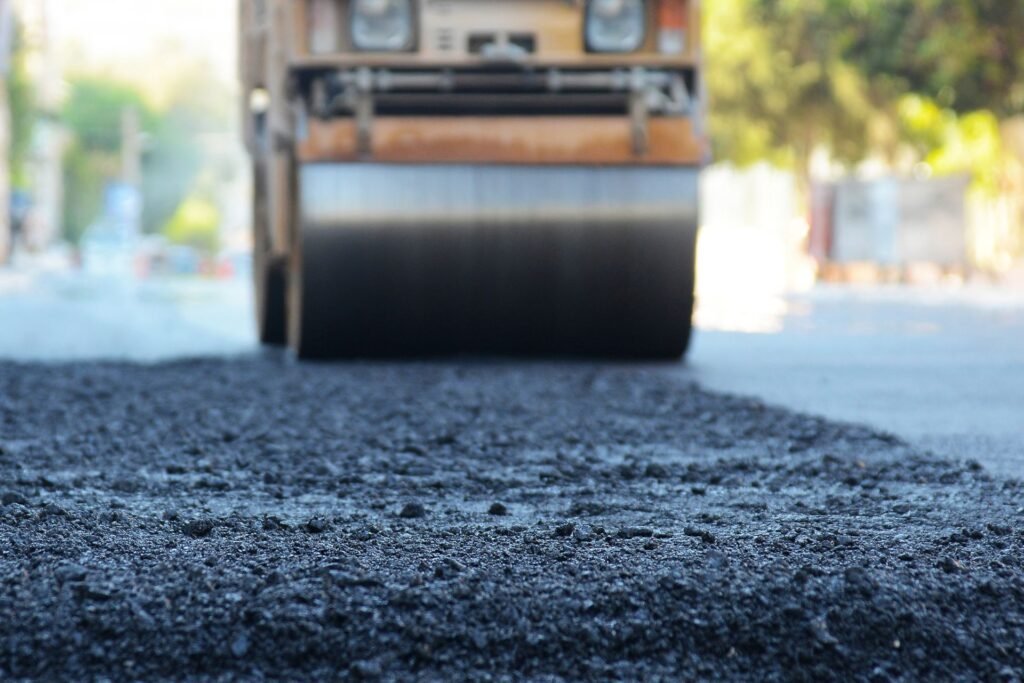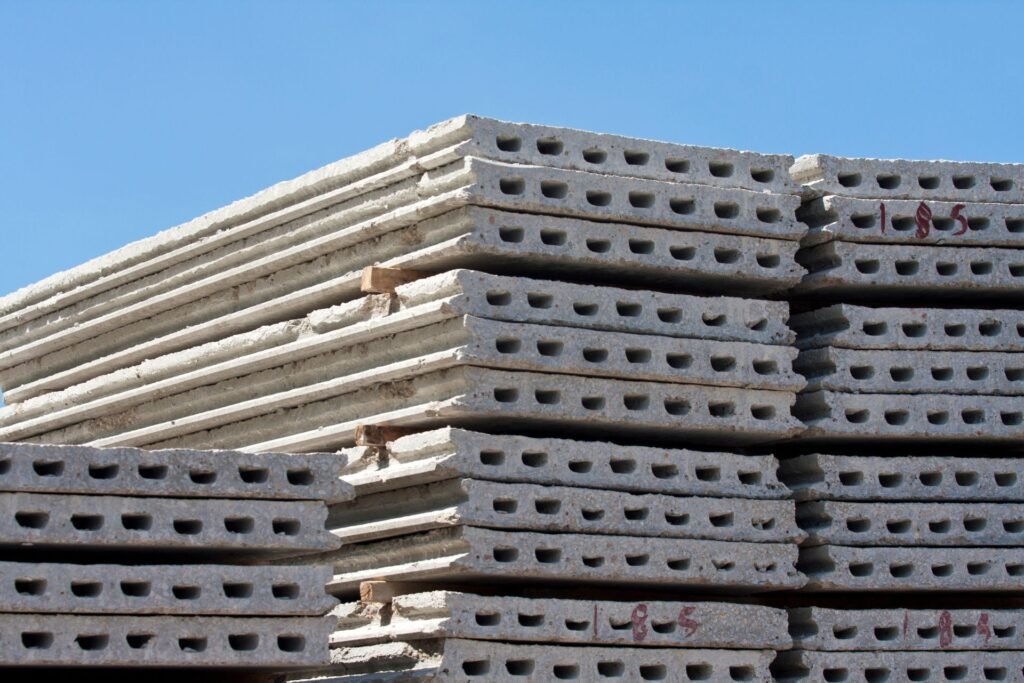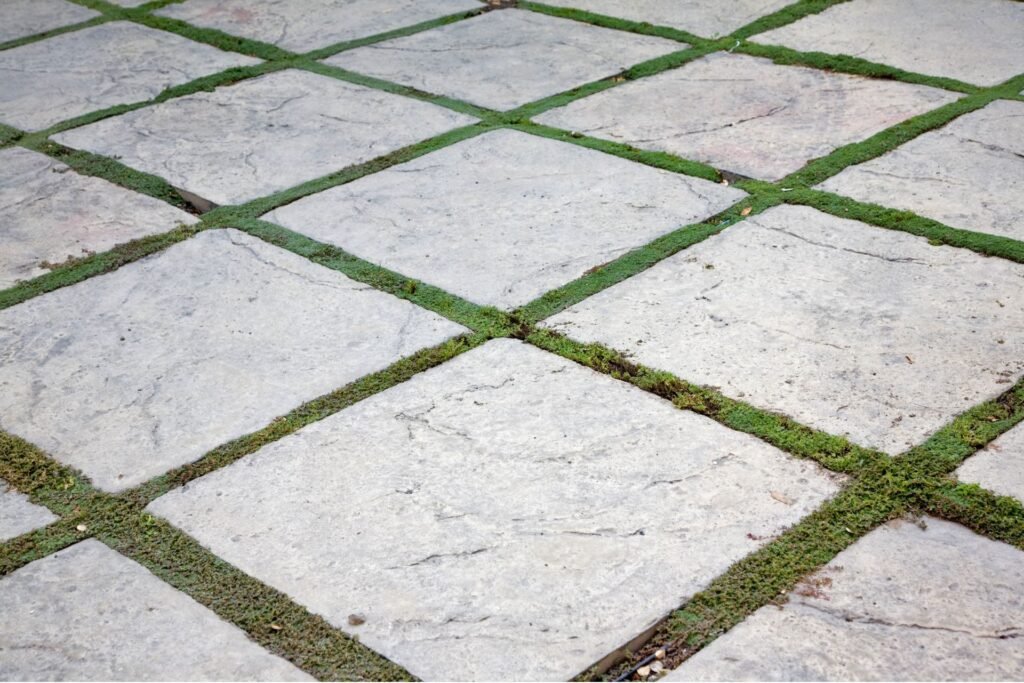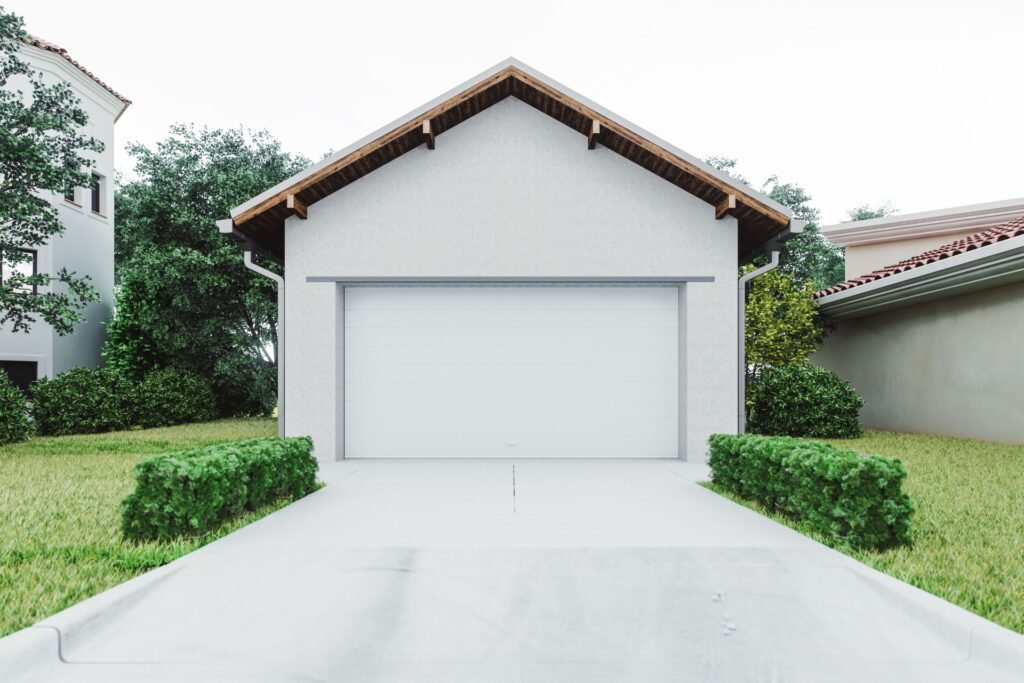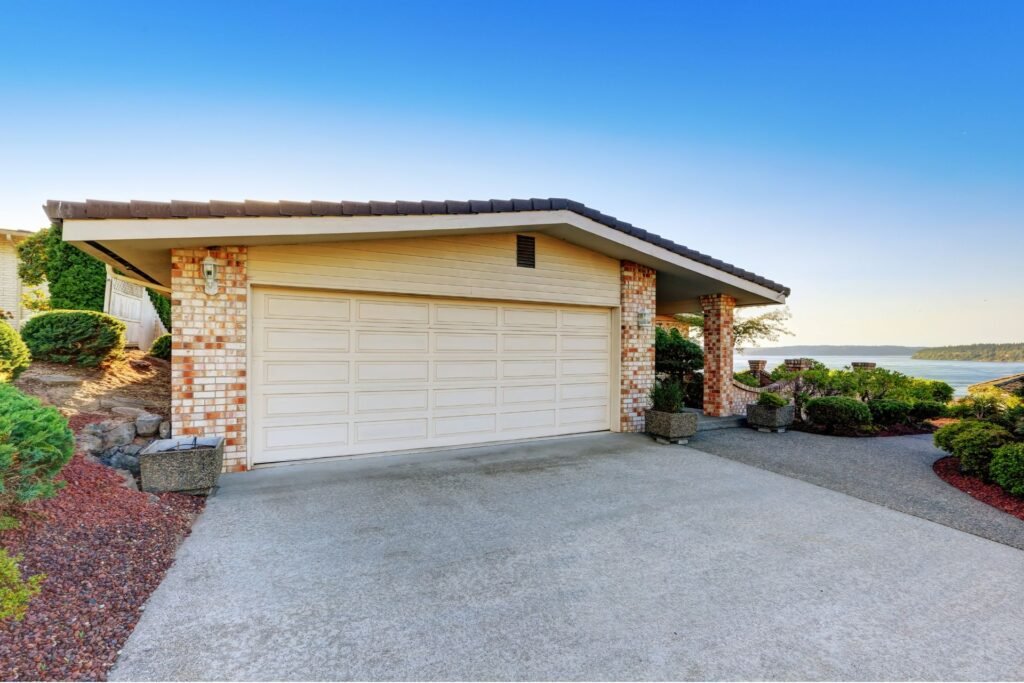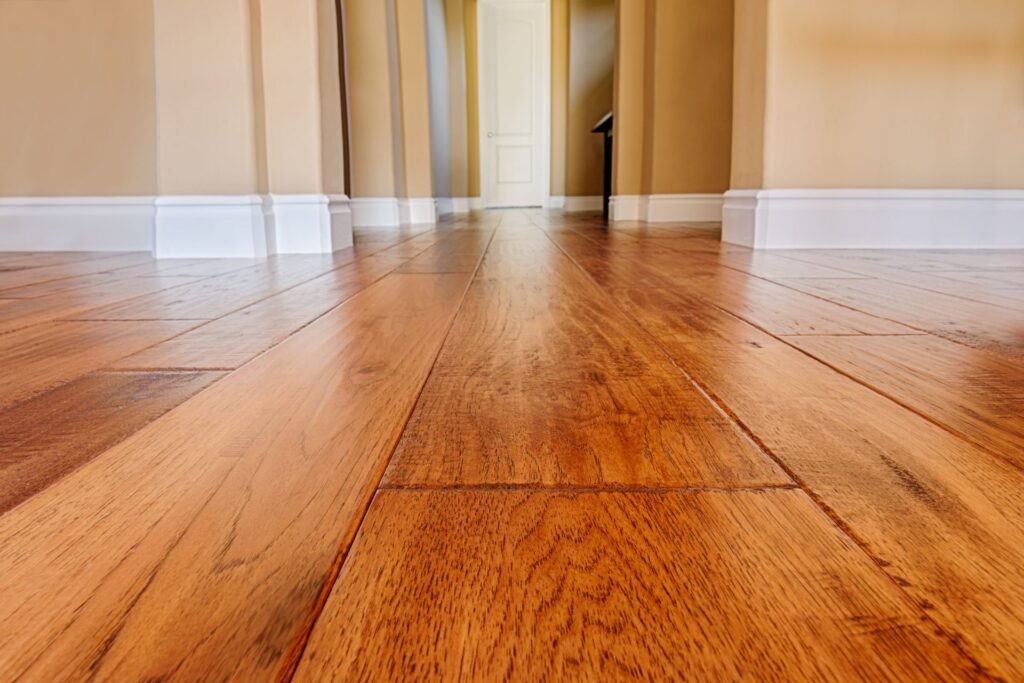Welcome to our comprehensive guide to understanding the costs associated with paving services in New Zealand. Whether you’re contemplating a new driveway, a charming patio, or a sturdy parking lot, the expense can vary widely based on several key factors. In this blog post, we’ll delve into the different types of paving materials available, examine what influences the cost of paving, and provide a clear breakdown of expenses you might expect. Our goal is to equip you with the knowledge needed to make informed decisions about your paving projects, ensuring you get the best value for your investment.
On average, the cost of paving services in New Zealand depends significantly on the materials used, project scope, and geographical location. For basic projects using materials like concrete, prices might range from NZ$60 to NZ$150 per square meter, whereas asphalt typically costs between NZ$45 to NZ$70 per square meter. Additional factors influencing the total expense include labor, the complexity of the project, and any preparatory work needed. To ensure you are making an informed decision, it’s advisable to obtain several quotes from trusted providers and thoroughly evaluate all related costs.
Table of Contents
Overview Of Paving Services In New Zealand
When it comes to enhancing the aesthetic and functional appeal of residential or commercial properties in New Zealand, choosing the right paving services is crucial. This section provides a detailed overview of the paving options available, detailing types of services and the materials most commonly used.
Types of Paving Services
Paving services in New Zealand cater to a broad range of requirements, whether for private homes or commercial facilities. Understanding these services will help you select the right provider and materials for your paving needs.
Residential Paving: Homeowners looking to improve their outdoor living spaces often opt for residential paving services. These services typically include:
Driveways: A well-paved driveway not only boosts the curb appeal of your home but also provides a durable surface that withstands the rigors of daily use.
Patios: Paving a patio enhances your outdoor area, making it perfect for relaxation and entertainment.
Commercial Paving: For businesses, paving services are geared towards creating robust and safe environments for customers and employees. Common commercial paving projects include:
Parking Lots: Properly paved parking lots are essential for the safety and convenience of drivers and pedestrians alike.
Roads: High-quality paving of roads within commercial complexes ensures smooth traffic flow and reduces maintenance costs.
Popular Paving Materials
Choosing the right paving material is essential for ensuring durability, cost-effectiveness, and aesthetic fit. Here in New Zealand, the most popular paving materials include:
Concrete: Known for its versatility and strength, concrete is a popular choice for both residential and commercial paving. It’s particularly favored for driveways and parking lots because of its long lifespan and low maintenance requirements.
Asphalt: Asphalt is another highly durable material that’s especially common in road construction and commercial parking areas. It offers excellent resistance to wear and tear and can be quickly installed.
Paving Stones: For those looking for aesthetic appeal, paving stones are a popular choice. Available in various colors and styles, they can be used to create unique, visually appealing designs for patios and walkways.
Each material has its specific benefits and typical uses, making it important to choose one that aligns with your project’s requirements and climate conditions in New Zealand.
In conclusion, whether you are considering a new driveway for your home or paving a large commercial area, understanding the different types of services and materials available in New Zealand will help you make an informed decision. This guide aims to equip you with the knowledge you need to choose the right service provider and material for your paving needs, ensuring durability, functionality, and aesthetic appeal. Choose wisely to enhance the value and enjoyment of your property.

Factors Affecting The Cost Of Paving
When considering a paving project in New Zealand, whether it’s for a driveway, walkway, or commercial space, understanding the various factors that influence costs can help you budget effectively and make informed decisions. This detailed guide breaks down the key components that impact the overall expense of paving projects.
Material Costs
The choice of material is one of the primary determinants of the cost of any paving project. Common paving materials include concrete, asphalt, pavers, and gravel, each varying significantly in price. The costs of these materials are influenced by global commodity prices, local availability, and transportation costs. For example, imported materials may be pricier due to shipping expenses. It’s also important to consider the longevity and maintenance requirements of each material, as these can affect long-term costs.
Labor Costs
Labor costs in New Zealand can vary based on several factors. The region where the project is located plays a crucial role; for instance, urban areas like Auckland and Wellington might have higher labor rates compared to rural areas. The complexity of the project and the experience of the workers also influence the cost. Highly skilled laborers commanding higher wages are often required for more intricate designs and installations, which can elevate the overall project expenses.
Size and Scope of Project
The overall size and scope of the paving project significantly impact the cost. Larger areas require more materials and more labor hours, increasing the total cost. Additionally, the complexity of the project whether it involves custom designs or intricate laying patterns can also elevate costs due to the extra skill and time required.
Geographic Location
Within New Zealand, geographic location affects paving costs not only because of varying labor rates but also due to differences in material costs and the availability of suitable subcontractors. For instance, remote locations may incur higher transport costs for materials and equipment, which can add to the final bill.
Additional Costs
Several additional costs may be associated with a paving project. Preparation work, such as clearing the land and laying a suitable base, is essential for a durable installation and can be costly depending on the condition of the existing site. Permits are another consideration; local council requirements can vary, and compliance may involve fees. Other potential costs include drainage solutions, especially if the area is prone to water pooling or flooding, and the cost of sealing materials, which protect the paving from weather damage and wear.
By considering these factors material choices, labor costs, project size and scope, geographic location, and additional expenses you can better estimate the financial investment required for paving projects in New Zealand. Thorough planning and understanding of these elements will ensure that you can manage your budget effectively and achieve a successful outcome for your paving needs.
This comprehensive approach not only helps in estimating costs but also assists homeowners and commercial property managers in making knowledgeable decisions about their paving options. Remember, obtaining multiple quotes from contractors and asking about all potential costs can prevent unexpected expenses and help secure a cost-effective solution for your paving requirements.

Average Costs Of Paving Services In New Zealand
Paving projects, whether for residential or commercial properties, are an essential part of construction and landscaping in New Zealand. Understanding the costs involved can help homeowners and business owners budget accordingly. This article breaks down the average costs of paving services in New Zealand, exploring various materials and project types, and providing illustrative examples.
Costs by Material
One of the most significant factors affecting the cost of paving services is the material used. In New Zealand, the three most common materials are concrete, asphalt, and paving stones, each offering different aesthetics, durability, and cost points.
Concrete: Concrete is favored for its longevity and minimal maintenance. The average cost per square meter for concrete paving ranges from NZD $60 to $120, depending on factors like the thickness of the concrete and the complexity of the job.
Asphalt: Asphalt is typically less expensive than concrete and is revered for its smooth finish and quick installation. The cost for asphalt paving can vary from NZD $50 to $100 per square meter, influenced by the grade of asphalt used and the scale of the project.
Paving Stones: Paving stones, or pavers, are the most aesthetically versatile paving material. They come in a variety of colors, shapes, and sizes, which can significantly affect the price. Generally, the cost for paving stones ranges from NZD $100 to $150 per square meter, which includes both the cost of materials and installation.
Costs by Project Type
Paving costs in New Zealand also differ based on the type of project, mainly categorized into residential and commercial projects. Each type has its unique requirements and scale, influencing the overall cost.
Residential Projects: These projects often involve driveways, patios, or walkways. The scale of residential paving is typically smaller than commercial paving, which can mean lower overall costs. However, the intricacy of designs and the customization options chosen by homeowners can increase the price.
Commercial Projects: Commercial paving projects include larger areas such as parking lots, roads, and commercial patios. Due to the larger scale, the cost per square meter may be reduced, but the total cost is generally higher than residential projects. Commercial projects also need to meet stringent standards, requiring more durable materials and thus potentially higher costs.
Cost Examples
To better understand how these costs translate into real-world projects, consider the following hypothetical examples:
Residential Driveway Paving with Concrete: For a standard 50-square meter driveway, using concrete might cost around NZD $70 per square meter, totaling approximately NZD $3,500. This estimate includes preparation, materials, and installation.
Commercial Parking Lot with Asphalt: A 1000-square meter parking lot using asphalt might cost around NZD $70 per square meter, resulting in a total of approximately NZD $70,000. This includes all necessary preparations and markings required for a commercial parking space.
These examples highlight how material choices and project scale impact the overall cost of paving projects in New Zealand.
By understanding these cost elements, property owners can make more informed decisions about their paving needs, balancing budget with functionality and aesthetic desires. Whether you’re considering a new driveway, a commercial upgrade, or simply curious about paving costs, having a detailed cost breakdown is crucial for effective planning and execution.

Choosing The Right Paving Service Provider
When it comes to upgrading your driveway, patio, or any paved area, selecting the right paving service provider is crucial. A properly chosen contractor not only ensures a high-quality finish but also adds value to your property. This guide will walk you through the essential steps to choose the best paving service provider, ensuring your project is a success.
What to Look for in a Service Provider
Experience: The first aspect to consider is the provider’s experience. Companies with a long track record in paving are likely to have refined their skills and understand the nuances of different materials and environments. Check their portfolio to see the variety and quality of their past projects.
Licensing: Always choose a licensed paving contractor. Licensing indicates that the contractor meets the minimum standards for professional knowledge and competency in your locality. This also provides a means of recourse should anything go wrong with the service provided.
Reviews: Customer reviews can offer invaluable insights into the reliability and quality of the contractor’s work. Look for reviews on independent platforms and the company’s website. Pay attention to how the company responds to both positive and negative feedback.
Warranties: A warranty indicates that a company stands behind the quality of its work. Ensure that the warranty offered covers significant aspects of the workmanship and materials for an adequate period.
Getting Quotes
Compare Multiple Quotes: It’s advisable to obtain and compare quotes from at least three contractors. This will give you a better understanding of the prevailing rates and services offered in your area.
Detail and Transparency: A good quote should be detailed and transparent, breaking down the costs for materials, labor, and any additional fees. This detail helps prevent unforeseen charges and allows you to compare on a like-for-like basis with other quotes.
Don’t Choose on Price Alone: While it’s tempting to go for the lowest offer, it’s important to consider all aspects such as the quality of materials, timeline, and the scope of work included in the price.
Questions to Ask Providers
Before finalizing your decision, here are some crucial questions to ask your potential paving service provider:
1. How long have you been in business?: This tells you about their industry experience.
2. Can you provide a detailed written quote?: Ensures clarity and agreement on what will be provided.
3. Do you have insurance and the necessary licenses?: Protects you against liability and ensures legal compliance.
4. What type of warranty do you offer?: Understand what is covered and for how long.
5. Can you provide references or examples of similar projects?: This helps you gauge their capability and expertise in similar scenarios.
6. What timeline do you estimate for the project?: Sets expectations for the project duration.
7. How do you handle project changes or overruns?: Prepares you for any unforeseen changes in scope or costs.
Choosing the right paving service provider is a significant step that affects the outcome and durability of your paving project. By taking the time to thoroughly vet potential contractors based on their experience, licensing, reviews, and the comprehensiveness of their quotes, you position yourself for a successful, high-quality project completion. Always ask detailed questions to ensure all your requirements are addressed, leading to a satisfactory paving job.

Tips To Save Money On Paving Services
Paving projects, whether for driveways, patios, or walkways, can be substantial investments for homeowners and businesses alike. Understanding how to economize on paving services without compromising on quality can make a significant difference in managing your property improvement budget. Below, we delve into several key strategies that help in save money on your next paving project.
DIY Considerations
When DIY Might Be a Suitable Option and When It’s Not Recommended
Tackling a paving project on your own can be an enticing thought, especially if you’re handy and looking to save on labor costs. DIY paving is most feasible for small-scale projects, such as patching up minor cracks or laying a small pathway with pre-made paving stones. For these types of jobs, with the right tools and a clear set of instructions, homeowners can achieve satisfying results.
However, for more complex tasks like installing a new driveway or replacing large sections of pavement, professional involvement becomes essential. These projects often require specialized machinery and expertise in handling materials like asphalt or concrete. Moreover, a poorly executed paving job might not only need further repairs sooner but could also reduce the curb appeal of your property, affecting its value.
Budgeting Tips
How to Budget for a Paving Project
Effective budgeting begins with clear planning and getting multiple quotes from reputable contractors. Start by determining the exact scope of your project. Are you looking to repair existing paving, or are you considering a full replacement? Once you have a clear idea, reach out to several paving services to get detailed quotes that include all potential costs from materials to labor.
To ensure that you are getting the best deal, compare these quotes not just on price, but also on the quality of materials proposed and the contractor’s reputation. Don’t hesitate to ask for references or to view previous work. Setting aside an additional 10-20% of your estimated budget for unforeseen expenses can also prevent financial overruns.
Seasonal Considerations
Best Times of the Year to Get Paving Services for Lower Costs
The cost of paving services can vary significantly depending on the time of year. Late spring and early fall typically offer the best conditions for paving works: the weather is usually mild, which is ideal for the materials setting properly. During these seasons, contractors are also between peak periods, which can translate into lower prices and quicker job completions as companies look to fill their schedules.
Conversely, summer and early winter might see a spike in prices due to higher demand or difficulties related to extreme temperatures. Planning your paving project for the off-peak seasons could lead to substantial savings and a smoother service experience.
By considering these practical tips recognizing when DIY is appropriate, budgeting carefully, and timing your project strategically you can save money on paving services while ensuring that the job is done well. Always aim for a balance between cost and quality to achieve long-lasting results that enhance your property’s value and appeal.

FAQs About The Cost Of Paving Services NZ
What are the most common types of paving materials used in New Zealand?
Concrete, asphalt, and paving stones are the most popular choices. Each material has its own set of benefits and costs, suitable for different types of projects such as residential driveways, commercial parking lots, or public walkways.
How much does concrete paving typically cost in New Zealand?
Concrete paving can cost anywhere from NZ$60 to NZ$150 per square meter, depending on factors like the quality of the material, the complexity of the project, and the contractor’s rates.
Is asphalt paving cheaper than concrete paving?
Generally, asphalt is cheaper, ranging from NZ$45 to NZ$70 per square meter. It’s a popular choice for large areas like commercial parking lots due to its cost-effectiveness and durability.
What factors influence the cost of paving services?
Key factors include the type of material, the size of the area to be paved, labor costs, the complexity of the design, and geographic location. Costs can also increase with the need for site preparation, like excavation and grading.
Can I pave my driveway to save on costs?
DIY paving can be more cost-effective for small or straightforward projects. However, for larger or more complex installations, hiring a professional is recommended to ensure quality and durability.
How do I choose the right paving contractor?
Look for contractors with solid experience, good reviews, and necessary licenses. It’s also important to get multiple quotes and ask detailed questions about their approach and materials.
What are some hidden costs in paving projects?
Beyond the basic cost of materials and labor, additional expenses might include site preparation, drainage installation, permits, and sometimes, the removal of existing pavement.
How do costs vary by region in New Zealand?
Paving costs can vary significantly between regions due to differences in labor costs, availability of materials, and transportation expenses. Urban areas might have higher rates due to increased labor costs.
When is the best time of year to undertake a paving project?
Weather conditions affect paving projects, so it’s ideal to plan them during dry months. Seasonal demand can also affect pricing, with lower costs often available during off-peak times.
What should I ask a paving contractor before hiring them?
Questions to ask include: How long have they been in the business? Can they provide references or portfolios of past projects? What warranties or guarantees do they offer? What is the estimated timeline and total cost?
Conclusion
As we conclude our exploration of paving services, let’s recap the key points discussed: selecting the right materials be it asphalt, concrete, or interlocking pavers based on their durability, maintenance, and aesthetic values; the importance of choosing reputable contractors with proven expertise; and considering environmental factors like drainage and climate which influence the longevity of paving projects. Choosing the ideal paving solution is a significant investment; hence, evaluating these factors thoroughly ensures that your decision aligns with both your immediate needs and long-term satisfaction. We encourage you to engage with several professionals, compare quotes, and review portfolios to make an informed choice that enhances the functionality and value of your property.


